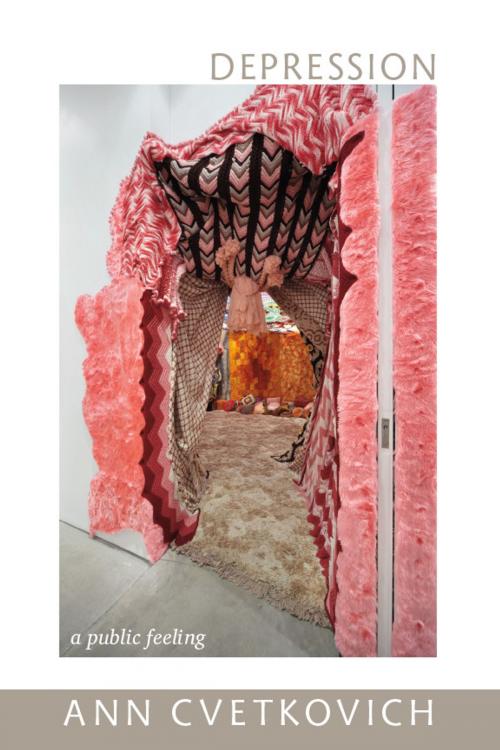Depression
A Public Feeling
Nonfiction, Social & Cultural Studies, Social Science, Gender Studies, Gay Studies, Health & Well Being, Psychology| Author: | Ann Cvetkovich | ISBN: | 9780822391852 |
| Publisher: | Duke University Press | Publication: | November 5, 2012 |
| Imprint: | Duke University Press Books | Language: | English |
| Author: | Ann Cvetkovich |
| ISBN: | 9780822391852 |
| Publisher: | Duke University Press |
| Publication: | November 5, 2012 |
| Imprint: | Duke University Press Books |
| Language: | English |
In Depression: A Public Feeling, Ann Cvetkovich combines memoir and critical essay in search of ways of writing about depression as a cultural and political phenomenon that offer alternatives to medical models. She describes her own experience of the professional pressures, creative anxiety, and political hopelessness that led to intellectual blockage while she was finishing her dissertation and writing her first book. Building on the insights of the memoir, in the critical essay she considers the idea that feeling bad constitutes the lived experience of neoliberal capitalism.
Cvetkovich draws on an unusual archive, including accounts of early Christian acedia and spiritual despair, texts connecting the histories of slavery and colonialism with their violent present-day legacies, and utopian spaces created from lesbian feminist practices of crafting. She herself seeks to craft a queer cultural analysis that accounts for depression as a historical category, a felt experience, and a point of entry into discussions about theory, contemporary culture, and everyday life. Depression: A Public Feeling suggests that utopian visions can reside in daily habits and practices, such as writing and yoga, and it highlights the centrality of somatic and felt experience to political activism and social transformation.
In Depression: A Public Feeling, Ann Cvetkovich combines memoir and critical essay in search of ways of writing about depression as a cultural and political phenomenon that offer alternatives to medical models. She describes her own experience of the professional pressures, creative anxiety, and political hopelessness that led to intellectual blockage while she was finishing her dissertation and writing her first book. Building on the insights of the memoir, in the critical essay she considers the idea that feeling bad constitutes the lived experience of neoliberal capitalism.
Cvetkovich draws on an unusual archive, including accounts of early Christian acedia and spiritual despair, texts connecting the histories of slavery and colonialism with their violent present-day legacies, and utopian spaces created from lesbian feminist practices of crafting. She herself seeks to craft a queer cultural analysis that accounts for depression as a historical category, a felt experience, and a point of entry into discussions about theory, contemporary culture, and everyday life. Depression: A Public Feeling suggests that utopian visions can reside in daily habits and practices, such as writing and yoga, and it highlights the centrality of somatic and felt experience to political activism and social transformation.















